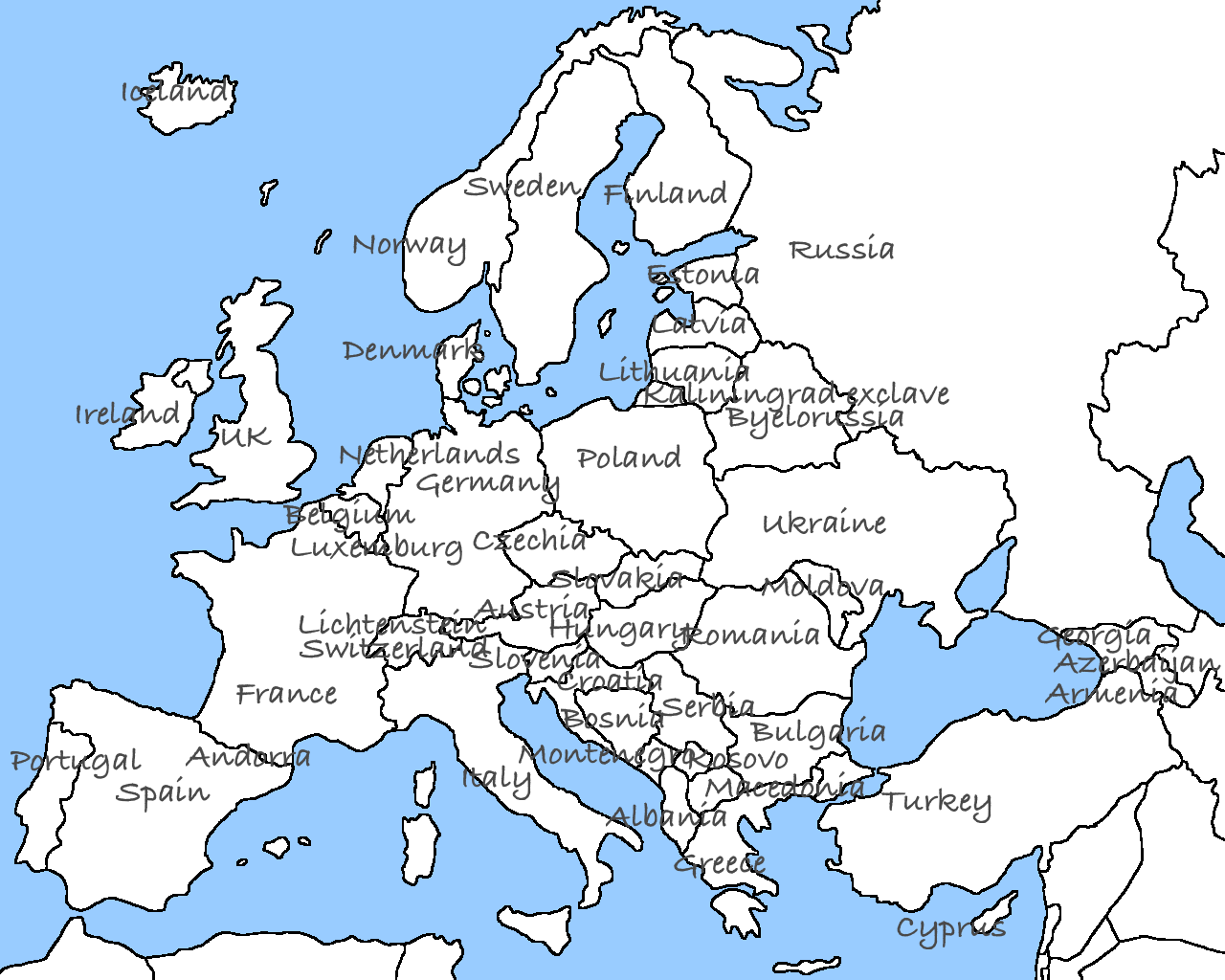
My two hesitations:
- Latvia’s north of Lithuania, right?
- My, Bosnia is a lot bigger than I thought!

My two hesitations:
To my acute surprise, I have:
I already talked about why I ask questions in Nick Nicholas’ answer to As a Quoran with a reputation for your answers, which of your questions do you wish attracted more answers?
There are people on Quora who seek information, but well… even if Quora says that’s a purpose of Quora, that’s not how I use it, and I suspect that’s not how a lot of voluminous writers use it.
The questions I ask are usually either followups of discussions I’ve had (in which case they’re targetted—sometimes at myself—and will likely get an answer); or they are questions that arise out of discussions or answers, that I throw out there just in case, but am not really hanging out for answers to.
I know that Greeks obsessed with Latin American telenovelas, and now obsess with Turkish soaps.
My uninformed guess:
Many countries’ romantic dramas feature overt sentimentality and melodrama. They spend a lot of time emphasising the romantic relationship between protagonists, and they do so overtly—music, longing gazes, dialogue.
American soaps feature plenty of melodrama too. But they do not emphasise the romance nearly as much: it is certainly there, but in comparison, it is dealt with in a way that Anglos would say is restrained, and “warmer” people would say is cold. Some music, some longing gazes, but nowhere near as much—much more emphasis on the challenges to the couple. Much less vaseline on the lens.
And obviously this is a Northern/Southern (in European terms) cultural difference.
My guess: Turkish TV is filling a niche of sentimentality unsatisfied by American TV, and much more congenial to Arab and Latino notions of what a soapie should be like.
I’m a native speaker, but I’ll venture this.
Joachim Pense correctly said Classical Greek—and he also said that if you don’t already know Classical Greek, it is something of a detour.
Knowing any language which has taken a lot of vocabulary from Classical Greek—meaning all Western European languages other than Icelandic—will help the vocabulary—but less than you might think. Knowing Italian or Turkish used to help you more with the vocabulary than it does now, because the revived Classical Greek words displaced them.
For the syntax, Bulgarian and Macedonian would help. Albanian would help for the syntax and the inflection overload (at least to get you over the shock of how much there is).
But Greek is its own language branch, so no language is going to give you the kind of leg-up you would get in other, larger language branches.
March 2016. When they phased out the email address to make it even more… [insert adjective here].
I’m not quite the right person to ask about this; serious interest in the origins of language resumed after I studied linguistics.
But think about it. Why do words have multiple meanings?
We differentiate polysemy and homophony: multiple related meanings, and multiple unrelated meanings.
Why is there polysemy? Because words get applied to different contexts, by analogy and metaphor and metonymy.
When would polysemy have started? The minute humans became cognitively capable of analogy and metaphor. And that capacity may well have predated language.
Why is there homophony? Look at Marc Ettlinger’s answer to What is the reason for the existence of polysemous words in a language? (Even if he’s addressing homophony rather than polysemy.) Accidental convergence, borrowing, neologisms.
When would homophony have started? The minute there was more than zero neighbouring languages to borrow from, and the minute sound change started, and the minute people started making up new words. And that would have been not long after humans started using language.
Mez, I am one who strives not to be judgemental, including on myself. (I fail a lot on the latter.) I associate that with not ruling things out; you don’t know what might happen, and what you might find yourself driven to. For Man is a Giddy Creature, as Shakespeare said somewhere.
But I’ve got a couple of answers.
… That’s all I got!
I wanted to do the contrarian “Ah, they can all sod off and take their fricking upvotes with them.” But I couldn’t, (a) because I wouldn’t mean it, and (b) because Harry Prasetya actually put it cogently: Harry Prasetya’s answer to What do you think of your Quora followers?
1.2k is a lot of people. I can’t individuate them any more; that’s why I try to follow just 300 ±10%.
The people I regularly chat and banter with? They give me delight and meaning. They challenge me and they improve me. They’re my kin. And I hope they know that.
The people I don’t regular chat with, but have the odd exchange with? They’re my neighbours. I’m always happy to see them. Hello neighbours! *wave*
The people that I have no idea why they followed me? Thanks guys, seriously, thank you, but… I have no idea why you followed me. If they’re big enough names, I’ve taken to asking them why; they often don’t have satisfactory answers. 🙂
Thanks a bunch, Quora, for blocking Answer Wikis on new questions.
See also: